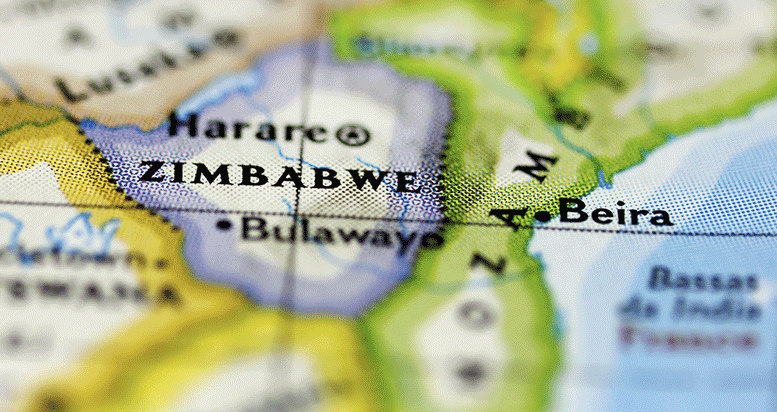Zimbabwe has opened up the domestic market for CBD as a traditional herbal medicine, expanding upon previous laws which had allowed production only for export.
The Medicines Control Authority of Zimbabwe (MCAZ) announced the change in a recent circular from acting Director-General R.T. Rukwata addressed to licensed marijuana and hemp producers, manufacturers, importers and exporters, and pharmacists.
The Authority is now accepting applications for approval to place hemp-based CBD products on the market, according to the circular. Applicants must submit dossiers that include product samples and certificates of analysis from an accredited laboratory, and pass MCAZ inspections of their sites to ensure compliance with Good Manufacturing Practices, the Authority said.
Only hemp and medical marijuana operators can open legal cannabis businesses under the country’s cannabis laws.
Registration
While MCAZ has a clearly defined registration process for traditional medicines, also known as herbal “complementary medicines,” the agency has found little success in registering local products, with the majority being imported, according to a report issued last year by Purdue University’s Biotechnology Innovation and Regulatory Science Center (BIRS) (USA). Zimbabwean producers contribute just 2% to the total domestic supply of such herbal products, the report noted.
The BIRS paper warned that unregistered traditional medicines pose a significant public health threat in Zimbabwe due to inadequate regulations, and recommended greater cooperation among regulatory bodies to ensure consistent quality. Studies on local herbs are needed to help guide producers in preparing dossiers for product registration, and frame quality standards, BIRS also said.
After setting up rules to guide the hemp industry were released in late 2020, the Agriculture Marketing Authority began issuing farming and production licenses and the government started providing 99-year leases on state-owned farms last year.
Cultivation, processing, transportation and other aspects of the hemp production chain are heavily regulated. Only government-sanctioned hemp cultivars may be grown although special permission may be granted for non-approved cultivars under research licensing.
Current strategy
The Zimbabwean government initially planned to manage hemp under state ownership, but later revised its strategy to encourage investment in the cannabis sectors. A loosening of regulations last year drew investors from Germany, Switzerland and Canada which received cultivation and processing licenses.
The Ministry of Lands and the Medicines Control Authority of Zimbabwe cooperate with the Zimbabwe Investment and Development Agency in the administration of the cannabis business, and share authority for regulatory requirements. The government has established the Zimbabwe Industrial Hemp Trust (ZIHT), a development initiative set up to assist farmers in starting up hemp operations, and to look for new export markets for their hemp outputs.
The Zimbabwean government sees industrial hemp as a replacement for the country’s falling prospects in tobacco, which makes up roughly 20% of Zimbabwe’s exports. Contraction in the tobacco industry has contributed to stagnation which has beset the country’s economy for nearly two decades despite the African nation’s vast wealth of natural resources.

